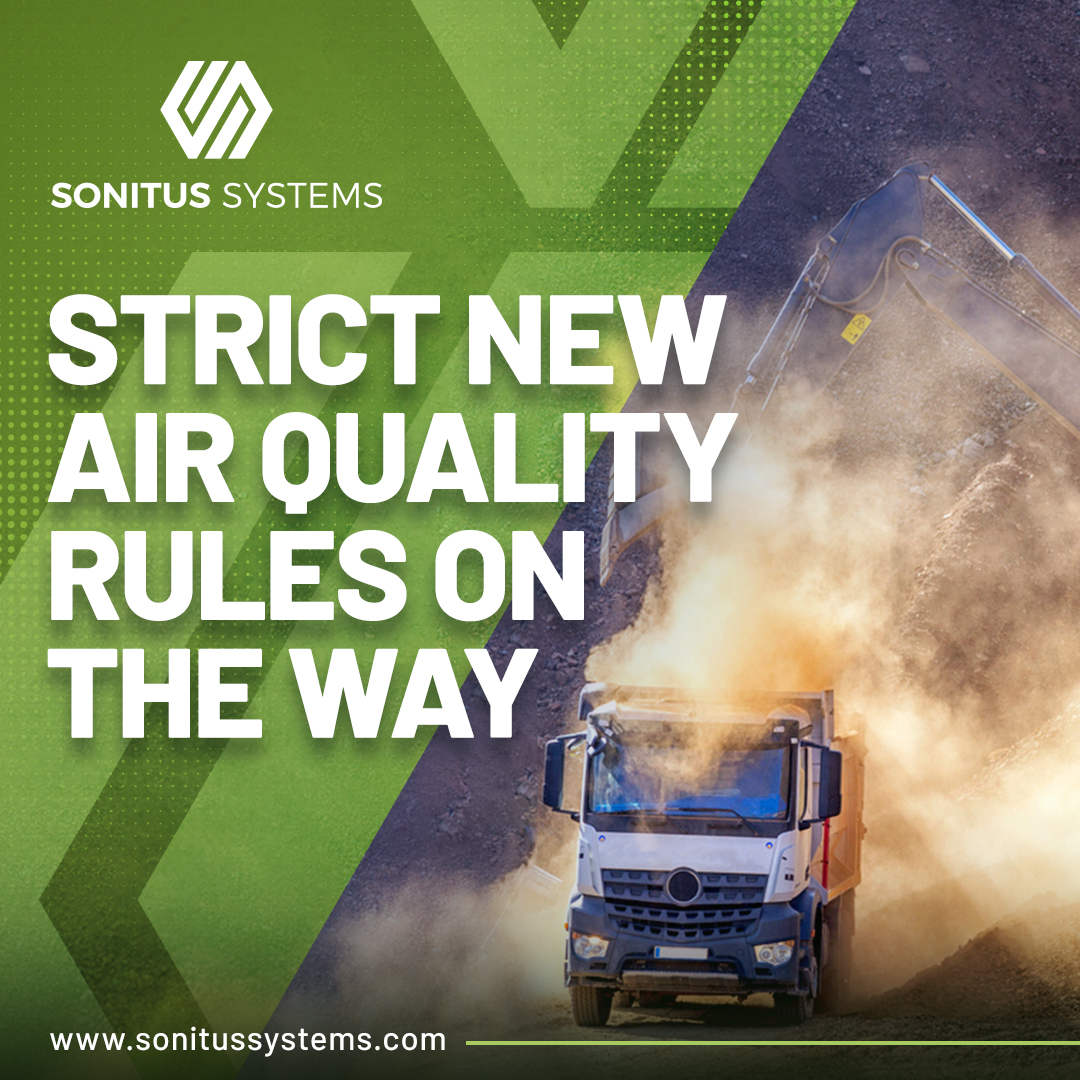The Clear Air Act is on the Way
The Irish Independent recently reported on a major new strategy to tackle air pollution in Ireland, that will require much higher air quality standards to be met – you can read the article in full here: https://m.independent.ie/irish-news/air-pollution-strict-new-air-quality-rules-on-way-to-cut-silent-killer/a1171585690.html
Government has announced a new National Clean Air Strategy to tackle air pollution. This strategy will make higher air quality standards legally binding under new legislation, the Clean Air Act, and all Government departments will be held responsible for cleaning up the problem. Pollution from traffic, power plants, heating systems, industry, agriculture, and open fires will be targeted.
According to the piece, up to 1,400 Irish people die early every year due to air pollution, which is ten times the number of people who die on Irish roads. It also has much wider health impacts, causing or exacerbating heart disease, stroke, lung disease, cancer, asthma, and dementia. Recent evidence also suggests links to cognitive development and mental health.
Critically, the strategy requires the adoption of higher air quality standards than currently apply. Right now, Ireland is obliged to comply with EU limits, but the World Health Organisation (WHO) recommends much stricter limits. Ireland’s Government has decided to adopt these WHO limits, although with a lead-in time that allows for gradual improvements up to a 2040 deadline.
Currently, 80 percent of air quality monitored in Ireland would not meet the WHO limit on particulate matter. Environment Minister Eamon Ryan said that there are no safe levels of air pollution, and clean air is central to wellbeing. He also noted that policies already adopted under the climate action plan would help achieve much of the required improvements in air quality.
The strategy requires more rigorous implementation of regulations banning or restricting the use of smoky solid fuels and for the Environmental Protection Agency to tighten up on air emissions from the industries it licenses.
For agriculture, there will be requirements for changes in farming practices to reduce ammonia emissions. On transport, the move to more electric vehicles, public transport, and active transport is expected to reduce exhaust fumes, and low emission zones in urban areas that would restrict certain vehicles are also being considered.
The Government will now revise all existing air pollution legislation, and a new comprehensive law – the Clean Air Act – will be drafted.
The strategy aims to reduce the personal, economic, and social costs of air pollution, including impacts on biodiversity, water quality, and wider ecosystem services. However, meeting the new WHO guidelines will be challenging and require legislative and societal change.
Minister Ryan emphasised that clean air is critical to the wellbeing of vulnerable groups like children, older people, or those who may be medically compromised. The strategy includes measures that address overlapping issues between air pollution and greenhouse gas emissions, like electrifying heat systems, improving energy efficiency in homes, and moving away from fossil fuels.
The Irish Government’s commitment to tackling air pollution is a significant step towards improving public health and protecting the environment. By adopting higher air quality standards and implementing measures to reduce pollution from various sources, Ireland can lead the way in clean air policies and set an example for other countries to follow.
Sonitus Systems offers both the hardware and software for a range of environmental parameters on a continual basis, with real-time information available through our Sonitus Cloud dashboard. For more details on our indoor and outdoor noise and air quality monitoring products and services, please contact the team at https://www.sonitussystems.com/contact-us
